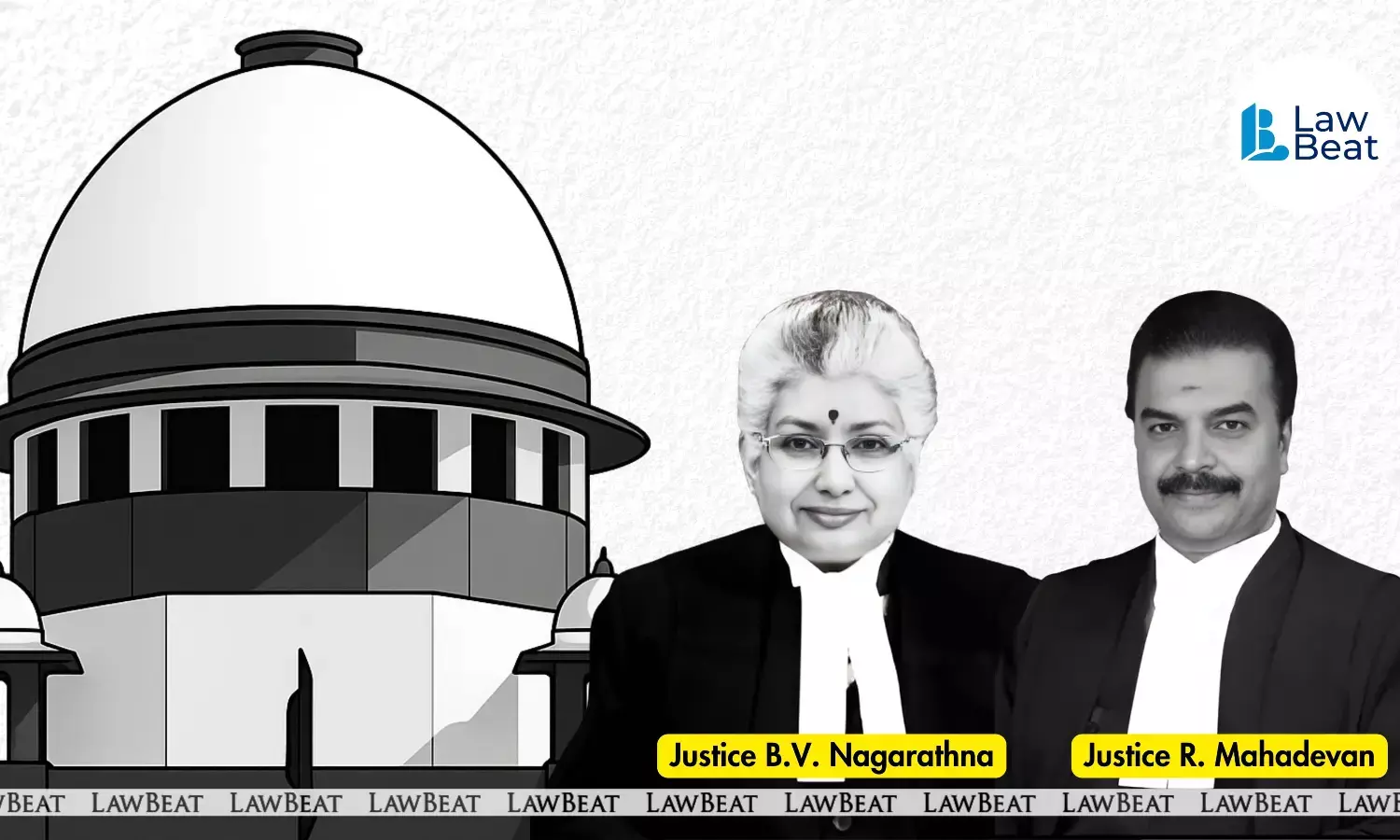Supreme Court to Examine If Ban on Surrogacy for Couples With One Child Violates Right to Reproductive Choice

Supreme Court quashes rape case against advocate, saying long consensual relationship is not rape on promise of marriage
The Supreme Court on Tuesday, i.e. November 4, agreed to examine whether prohibiting married couples facing secondary infertility from opting for surrogacy to have a second child amounts to an unconstitutional restriction on citizens’ reproductive choices.
The Bench of Justice B.V. Nagarathna and Justice R. Mahadevan was hearing a plea challenging Section 4(iii)(C)(II) of the Surrogacy (Regulation) Act, 2021, which bars couples with an existing biological or adopted child from availing surrogacy.
Appearing for the petitioners, Advocate Mohini Priya argued that the State cannot interfere with the private and reproductive choices of individuals, particularly in cases of secondary infertility, a condition where couples struggle to conceive after previously having a child.
“Secondary infertility is a complex and emotionally challenging issue. It is not merely about wanting another child but about dealing with loss, stigma, and medical limitations,” Priya submitted, urging the Court to read down the provision to permit surrogacy for such couples.
The petition contends that the term infertility, as defined under both the Surrogacy Act and the Assisted Reproductive Technology (ART) Act, encompasses secondary infertility as well.
The Union government, defending the law, maintained that surrogacy is a statutory privilege, not a fundamental right, since it involves “the use of another woman’s womb” and must be strictly regulated.
“The Constitution does not recognise a right over another individual’s body,” the Centre submitted, adding that surrogacy should be a last resort after exhausting natural conception and ART methods.
The government also highlighted that the law already provides exceptions for couples whose existing child is mentally or physically challenged or suffers from a life-threatening illness with no permanent cure, a safeguard that “balances compassion with regulation.”
Justice Nagarathna observed during the hearing that the restriction appeared “reasonable,” noting concerns about the country’s growing population.
In response, the petitioner argued that India has no one-child policy and pointed to the Adoption Regulations, 2017 and the Hindu Adoption and Maintenance Act, both of which allow couples with one child to adopt another.
The matter will be heard next for a detailed examination of whether the restriction infringes on the right to reproductive autonomy under Article 21 of the Constitution.
Date: November 4, 2025
Bench: Justices B.V. Nagarathna and R. Mahadevan
[Inputs: The Hindu]
